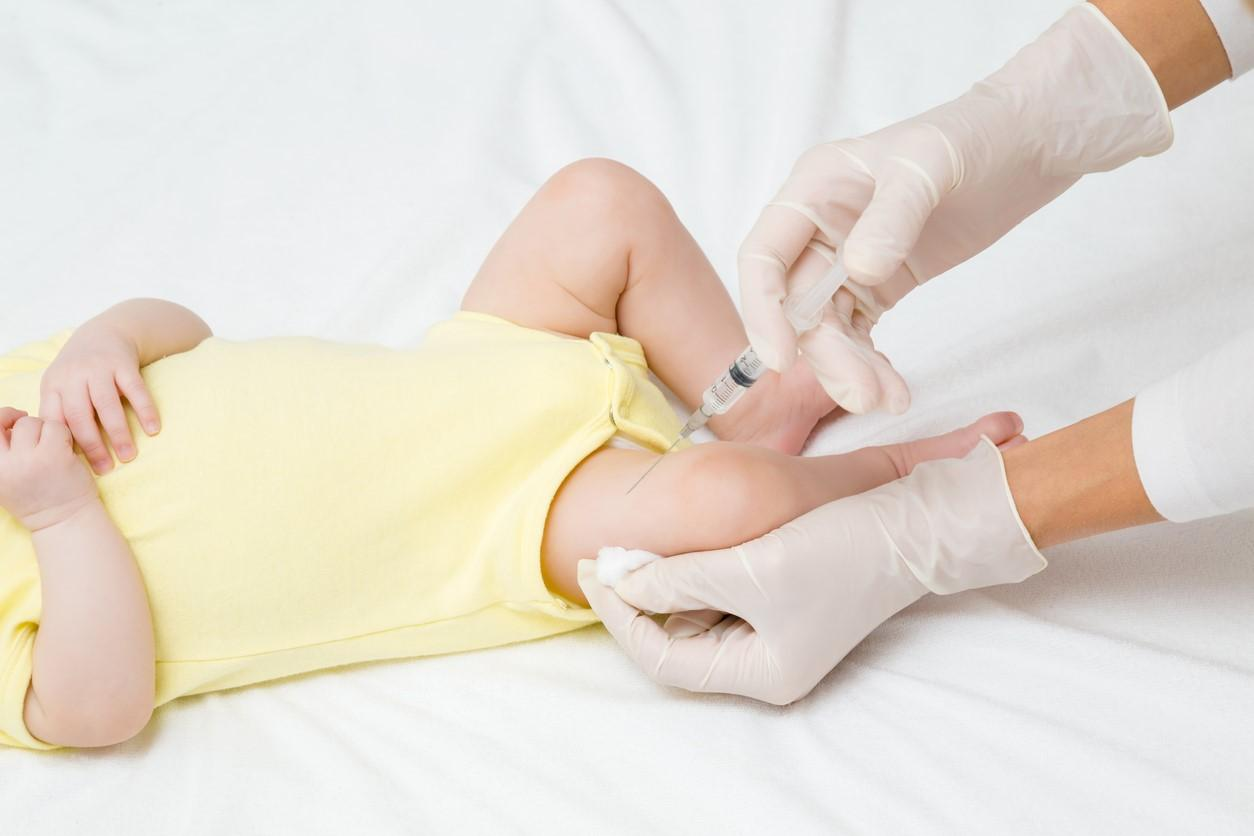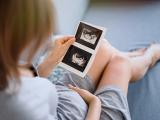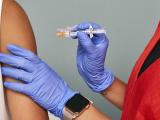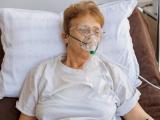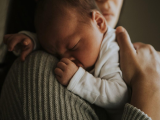The long-acting monoclonal antibody nirsevimab is 90% effective in preventing respiratory syncytial virus (RSV)-related hospitalization in infants, according to the first real-world estimates from the US Centers for Disease Control and Prevention (CDC).
The report from the New Vaccine Surveillance Network Product Effectiveness Collaborators, led by CDC scientists, was published yesterday in Morbidity and Mortality Weekly Report.
The collaborators, who monitor pediatric respiratory viruses at seven US pediatric medical centers, collected demographic, clinical, and immunization data on infants hospitalized for RSV from parent interviews, medical records, and state immunization records and obtained respiratory samples for testing from October 2023 to February 2024. The study used a test-negative, case-control design.
In August 2023, the CDC's Advisory Committee on Immunization Practices recommended nirsevimab (brand name, Beyfortus, made by AstraZeneca) to protect infants younger than 8 months and children up to 19 months at increased risk for severe RSV, the leading cause of hospitalization of US infants. A maternal RSV vaccine, RSVpreF (Abrysvo, made by Pfizer) also became available to help protect infants.
Pooled data from prelicensure randomized, controlled trials showed that one dose of nirsevimab given before 8 months of age was 79% effective against medically attended RSV infection and 81% effective against related hospitalization for 150 days after receipt.
Drug shortages precluded full analysis
Among the 699 infants hospitalized for respiratory disease at one of four sites, 407 (58%) were diagnosed as having RSV, and 292 (42%) were control patients. A total of 6 (1%) RSV patients and 53 (18%) controls were given nirsevimab 7 or more days before symptom onset. Nirsevimab was 90% effective (95% confidence interval, 75% to 96%) against RSV-related hospitalization, with a median time from receipt to symptom onset of 45 days.
This early estimate supports the current nirsevimab recommendation for the prevention of severe RSV disease in infants.
Owing to intermittent nirsevimab shortages this RSV season, the number of infants given the drug was too low to stratify by protection over the entire season, but the study authors said effectiveness is expected to decline over the season due to antibody waning.
"Although nirsevimab uptake and the interval from receipt of nirsevimab were limited in this analysis, this early estimate supports the current nirsevimab recommendation for the prevention of severe RSV disease in infants," the researchers wrote. "Infants should be protected by maternal RSV vaccination or infant receipt of nirsevimab."
The researchers cautioned that the results may not be fully generalizable to all infants eligible for nirsevimab because infants with high-risk medical conditions were more likely than their healthy counterparts to receive the drug.
